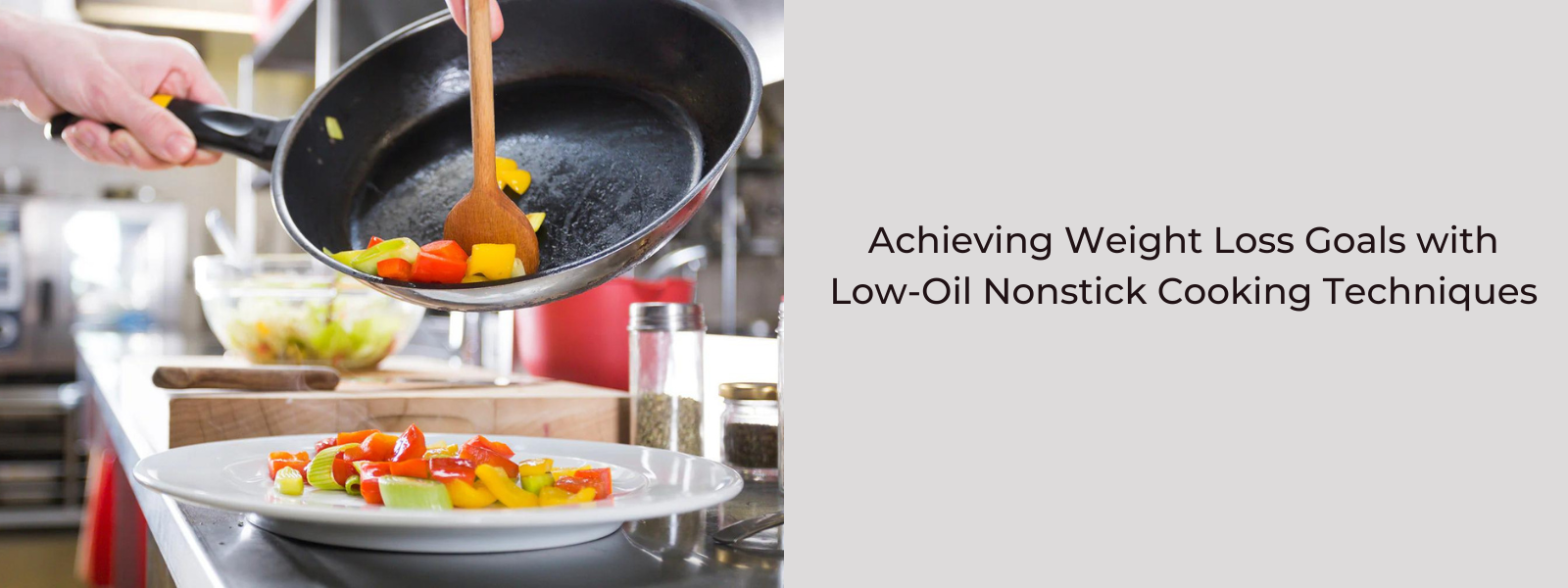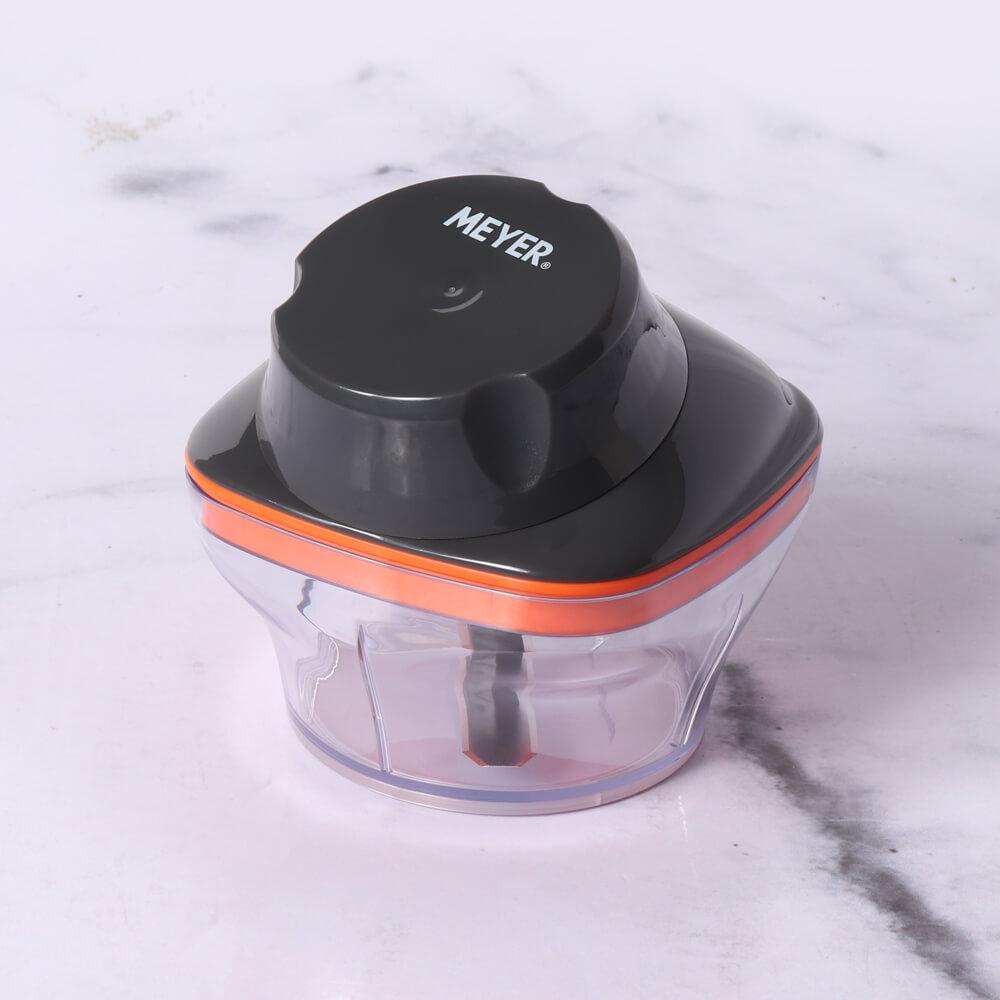Understanding the calorie content of your favorite drinks is crucial for making informed dietary choices and maintaining a healthy lifestyle. From sugary sodas to creamy lattes, the calorie content of beverages can vary widely, impacting your overall calorie intake and nutritional balance.
Table of Contents
Sugary Sodas:
Sugary sodas are notorious for their high calorie and sugar content, making them a significant contributor to excess calorie consumption. A typical 12-ounce can of soda contains around 140-180 calories and 35-45 grams of sugar, providing little to no nutritional value while contributing to weight gain and increased risk of chronic diseases like obesity and type 2 diabetes.
Fruit Juices:
While fruit juices may seem like a healthier option than sodas, they can be equally high in calories and sugar. A 12-ounce serving of 100% fruit juice can contain around 150-200 calories and 30-40 grams of sugar, depending on the type of fruit and whether it's sweetened. While fruit juices provide some vitamins and minerals, they lack the fiber found in whole fruits and can lead to blood sugar spikes and weight gain when consumed in excess.
Alcoholic Beverages:
Alcoholic beverages vary widely in calorie content depending on the type and alcohol content. Beer typically contains around 150-200 calories per 12-ounce serving, while wine ranges from 120-150 calories per 5-ounce glass. Cocktails can be higher in calories, especially those made with sugary mixers or creamy liqueurs, with some cocktails containing over 200-300 calories per serving. Consuming alcohol in moderation is key to managing calorie intake and promoting overall health.
Coffee Drinks:
Coffee drinks like lattes, cappuccinos, and mochas can be calorie bombs, especially when loaded with syrups, whipped cream, and flavored toppings. A typical medium-sized flavored latte from a coffee shop can contain around 250-400 calories, with even higher calorie counts for larger sizes and specialty drinks. Opting for smaller sizes, choosing unsweetened or low-fat milk options, and limiting added sugars can help reduce the calorie content of coffee drinks.
Smoothies:
While smoothies can be a convenient way to pack in nutrients from fruits and vegetables, they can also be high in calories and sugar, especially when made with sweetened yogurt, fruit juices, or added sugars. A medium-sized smoothie from a smoothie shop can contain around 300-500 calories or more, depending on the ingredients and portion size. Making smoothies at home with whole fruits, unsweetened yogurt or milk, and added protein sources like nut butter or protein powder can help control calorie intake and maximize nutritional value.
Water and Low-Calorie Options:
Choosing water or low-calorie beverages like unsweetened tea, flavored sparkling water, or black coffee is a great way to hydrate without adding extra calories to your diet. These options provide hydration and refreshment without the added sugars, artificial flavors, and empty calories found in many other beverages.
Are Your Favourite Drinks Good For Your Health?
Whether your favorite drinks are good for your health depends on the specific beverages you enjoy and how often you consume them. Some drinks can provide health benefits when consumed in moderation, while others may have negative effects on your health if consumed excessively. Here's a breakdown:
- Water: Water is essential for overall health and hydration. Drinking an adequate amount of water throughout the day helps maintain bodily functions, supports digestion, regulates body temperature, and keeps your skin and organs healthy. Water is a calorie-free option and is generally considered the healthiest beverage choice.
- Herbal Teas: Herbal teas, such as chamomile, peppermint, and ginger tea, can provide various health benefits. They are often caffeine-free and may have calming or digestive properties. Additionally, herbal teas are hydrating and can be enjoyed hot or cold.
- Green Tea: Green tea is rich in antioxidants called catechins, which have been linked to numerous health benefits, including improved heart health, reduced inflammation, and potentially lower risk of certain cancers. Drinking green tea in moderation can be a healthy addition to your diet.
- Coffee: Moderate coffee consumption has been associated with several health benefits, including improved cognitive function, increased metabolism, and a reduced risk of certain diseases like Parkinson's disease and type 2 diabetes. However, excessive caffeine intake or adding high-calorie sweeteners and creamers to coffee can negate these benefits and may have negative health effects.
- Smoothies: Homemade smoothies made with whole fruits, vegetables, and protein sources like yogurt or protein powder can be a nutritious option. They provide essential vitamins, minerals, fiber, and protein. However, store-bought or homemade smoothies with added sugars, syrups, or high-calorie ingredients may contribute to excessive calorie intake if consumed regularly.
- Alcoholic Beverages: Moderate alcohol consumption, particularly red wine, has been associated with potential health benefits, such as improved heart health and reduced risk of certain diseases. However, excessive alcohol intake can lead to various health problems, including liver disease, heart disease, and increased risk of accidents and injuries.
How To Make Low Calorie Drinks At Home?
Making lower-calorie drinks at home is easy and allows you to control the ingredients and portion sizes. Here are some tips for creating delicious and refreshing beverages with fewer calories:
- Infused Water: Add flavor to plain water by infusing it with slices of citrus fruits like lemon, lime, or orange, as well as fresh herbs like mint or basil. This adds natural flavor without any extra calories or sugar.
- Herbal Teas: Brew unsweetened herbal teas like chamomile, peppermint, or green tea and enjoy them hot or cold. These teas are naturally low in calories and offer various health benefits, such as antioxidants and hydration.
- Sparkling Water: Opt for flavored or plain sparkling water instead of sugary sodas or carbonated drinks. You can add a splash of fruit juice or a few slices of fresh fruit to enhance the flavor without significantly increasing the calorie count.
- Homemade Lemonade: Make your own lemonade by mixing freshly squeezed lemon juice with water and a small amount of natural sweetener like honey or stevia. Adjust the sweetness to taste and dilute with additional water if desired.
- Iced Tea: Brew unsweetened iced tea using tea bags or loose tea leaves and chill it in the refrigerator. Add lemon slices, fresh mint, or a hint of honey for flavor without extra calories. You can also experiment with different tea blends for variety.
- Smoothies: Blend together frozen fruits, leafy greens like spinach or kale, low-fat yogurt or milk, and a small amount of protein powder or nut butter for a nutritious and filling smoothie. Use water or unsweetened almond milk as the base to keep the calorie count lower.
- Coffee: Enjoy black coffee or espresso for a low-calorie caffeine boost. If you prefer a sweeter drink, use a small amount of low-calorie sweetener like stevia or monk fruit, and choose skim milk or a non-dairy milk alternative.
- Mocktails: Create refreshing mocktails by combining sparkling water or club soda with fruit juice, fresh herbs, and a splash of citrus. Garnish with fruit slices or herbs for added flavor and visual appeal.
Conclusion:
Being aware of the calorie content of your favorite drinks is essential for maintaining a balanced diet and healthy lifestyle. By opting for lower-calorie options, limiting sugary and high-calorie beverages, and staying hydrated with water and low-calorie alternatives, you can make smarter choices that support your overall health and well-being.











Leave a comment